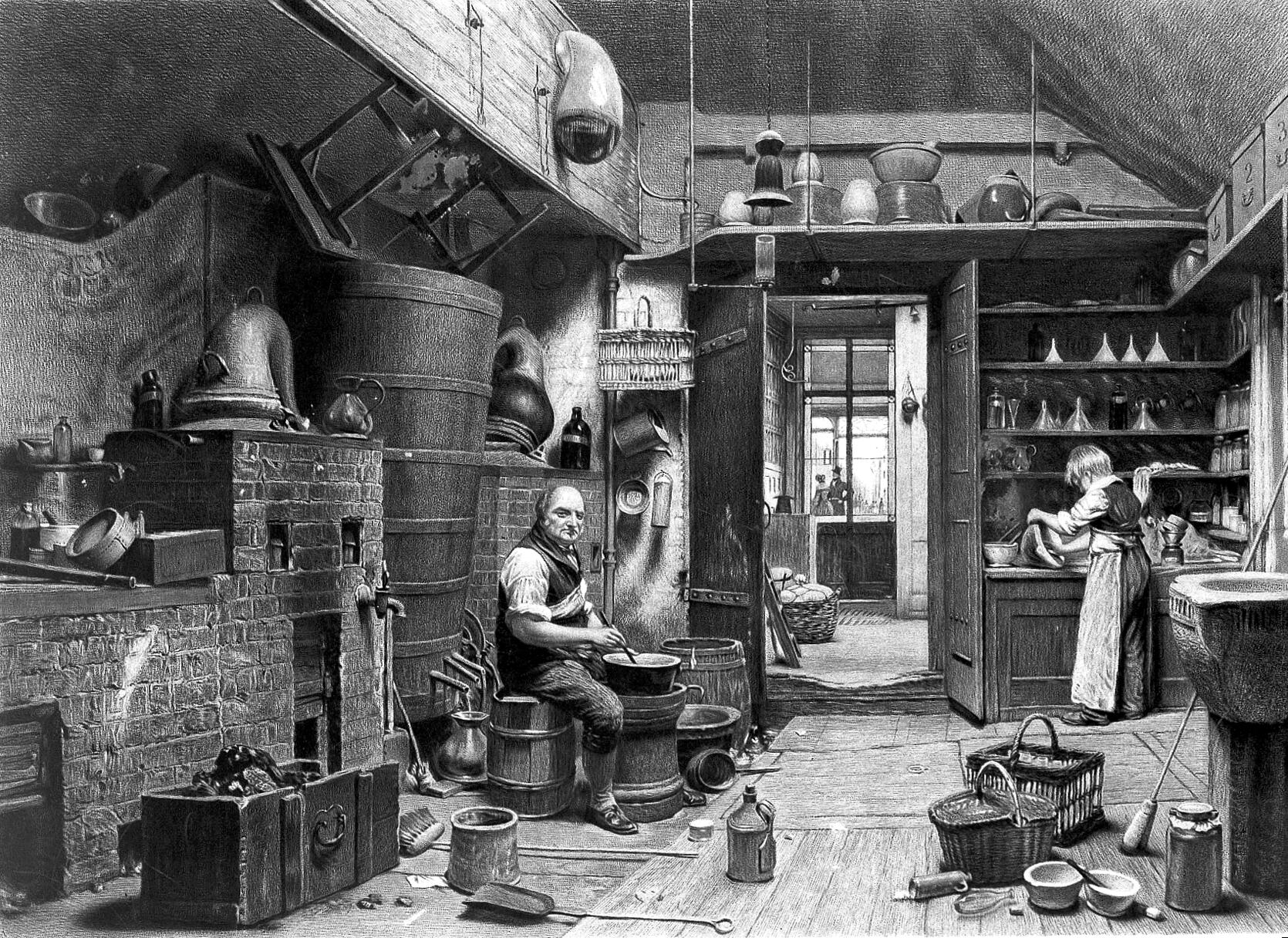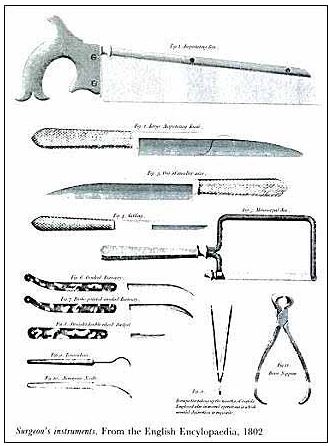As a modern-day American, I was surprised when I first discovered that characters in Regency-set books and movies address doctors as “Mister.” Today in the US, anyone with a doctorate is a doctor and is addressed as Dr., and specialists such as surgeons, are also addressed as “doctor.” However, in Regency England, only a physician was addressed as “doctor”. Other medical personnel was addressed as Mister or Mr. In addition, most of the men in Jane Austen’s novels who are addressed as Doctor are Doctors of Divinity and not medicine. To add to the confusion, during the Regency there were three different levels of doctors by three differently trained professionals, all of whom were referred to a doctors, but only one was addressed as “doctor.” Confused yet? As the British say, let’s sort it.

Apothecaries
At the bottom of the social level for those trained in the healing arts were apothecaries. Apothecaries were well-versed in the use of herbs, potions, and medicines. They filled prescriptions that physicians wrote. Many apothecaries working in rural areas were crossed-trained as surgeons so they knew how to treat wounds and broken bones. Apothecaries were more prevalent in the country than doctors or surgeons but often filled their roles. I think of them as Regency’s version of general practitioners. When someone in the country said, “send for the doctor,” they didn’t mean a physician, they meant an apothecary because physicians and surgeons typically lived and practiced in cities, and people used the term interchangeably. Also, when a servant was ill, apothecaries were sent for even if a physician was nearby because apothecaries were less expensive than other medical practitioners, and the rich didn’t typically consider servants worth the higher cost of a doctor. Apothecaries were working-class men so they weren’t addressed as doctor; most people usually referred to them by their surname or possibly mister if they wished to be particularly respectful.

Surgeons
The next level was the surgeon. Surgeons had little to no formal training at a university or medical training facility; they received their training as an apprentice to an experienced surgeon and often worked under a physician/doctor. Though surgeons didn’t garner respect socially, they were the ones people most depended on for their medical needs. Surgeons not only performed surgery, they also treated wounds and broken bones. They often knew more about anatomy than physicians in those days. Surgeons, as well as apothecaries, were not considered gentlemen because they actually touched their patients and were apt to come out of the encounter bloodied. As we all know, no self-respecting gentleman sullied his hands with dirty work. So, like an apothecary, a surgeon was called simply Lastname or Mr. Lastname, but never Dr. Lastname.
Physicians

Those addressed as “doctor” were physicians who had studied medicine at a university or at another institution such as Guy’s Hospital in Southwark, one of the more prestigious medical schools. At one of those institutions, students earned their doctorate in medicine. Few outside of the upper classes could afford to receive a formal education so these men were usually gentlemen by birth. As gentlemen, doctors seldom touched any of their patients. They diagnosed their patients solely by asking questions. They also wrote prescriptions that the apothecaries filled, much like today’s pharmacists. Socially, doctors were accepted as educated gentlemen and often dined with the finest families in the area.

Baby Doctors
Accouchers
By the Regency, members of the aristocracy–mostly in London–had begun using accoucheurs. Accoucher is the French word for assisting with birth, and accouchement is the process of giving birth. Accoucheurs were male doctors that specialized in delivering babies. The earliest accounts of accoucheurs were referred to as man-midwives, which would seem to indicate they learned by apprenticeship and thus were well below gentleman status. Many accoucheurs went to Edinburgh for their medical training because, unlike most of the medical schools, it had a chair in obstetrics dating to 1726. From there the research gets confusing. Some sources called them surgeon-accoucheurs which implies they were not gentlemen. Others say that accoucheurs were physicians, and therefore doctors who were still considered gentlemen and were addressed as Doctors. Perhaps it depended on the accoucheur–or on the perception of those around him.
Midwives
Basic midwives were usually women who delivered babies, although there are reports of male midwives. Some of them were trained but many were simply locals who became experts through experience. Since midwives seldom went from patient to patient–most likely for the working class women–mother and baby mortality rate was generally better than those who had a local doctor perform the delivery. However, they had no social standing among the gentry.
So, the next time you read about a character speaking to a doctor but calling him Mr. instead of Dr., or even simply by Lastname, you will know that this “doctor” will treat wounds, set bones, and perform surgeries, but won’t be invited to the duchess’s ball.
Sources:

I knew they used Mr. But, I never knew why. Thanks for that cool piece of information!